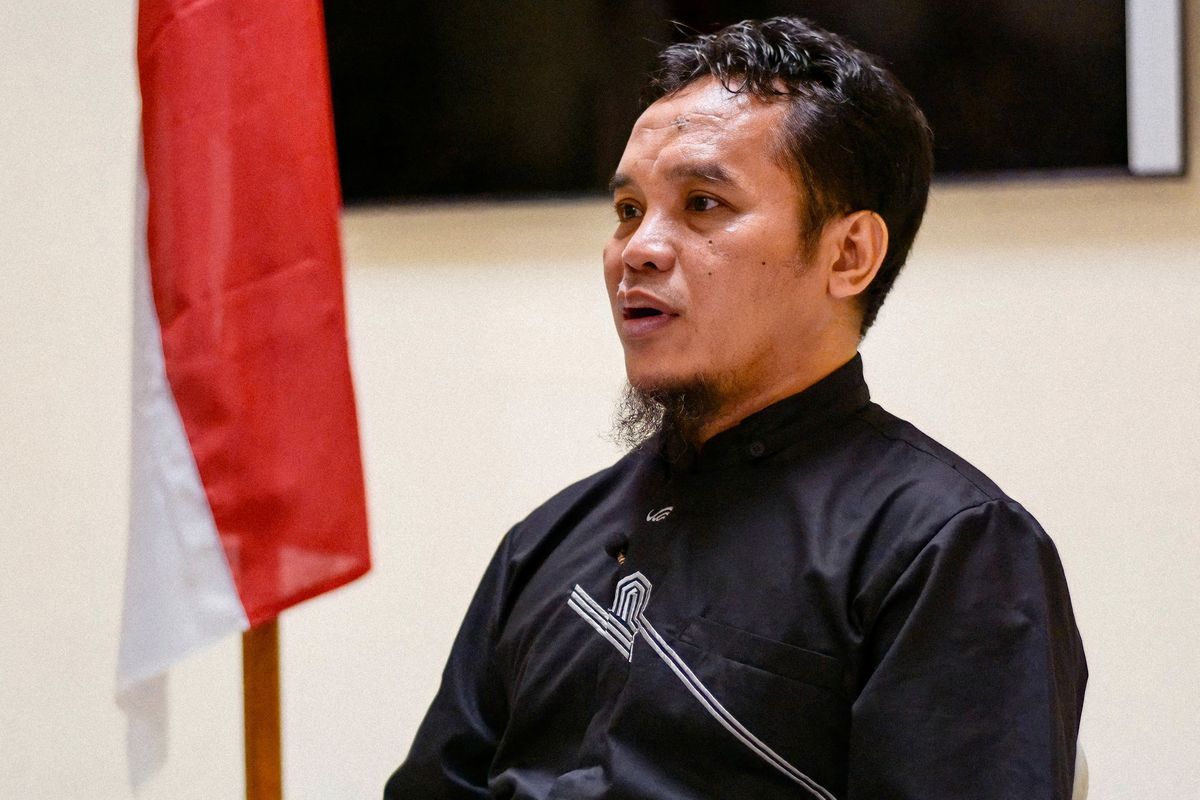Last Surviving Bali Bomber's Apology Rejected by Victims

It is a message analysts said Imron may be promoting in hope of securing an early release.
He was also speaking in the presence of an officer from Indonesia's elite counter-terrorism unit.
"It's part of his survival mechanism. This is something he has to say," said Southeast Asian terrorism specialist Noor Huda Ismail.
It is hard to tell if Imron has truly deradicalized, with his word his only evidence.
Also read: Indonesian Police Disclose More Details On Suspects in Bomb Plot
He showed little emotion when speaking about the attack and sought to re-emphasize his counter-extremism work despite being a jailed extremist himself.
Whatever the case, Imron wants to tell the people whose lives he impacted that his actions were wrong.
"I will always apologize profusely to them," he said.
But for Marpaung only God can judge Imron.
"Please don't give a sentence cut," she said.
"He can say that he has repented and he has changed, but only God truly knows the truth."
Source: Agence France-Presse
Simak breaking news dan berita pilihan kami langsung di ponselmu. Pilih saluran andalanmu akses berita Kompas.com WhatsApp Channel : https://www.whatsapp.com/channel/0029VaFPbedBPzjZrk13HO3D. Pastikan kamu sudah install aplikasi WhatsApp ya.































